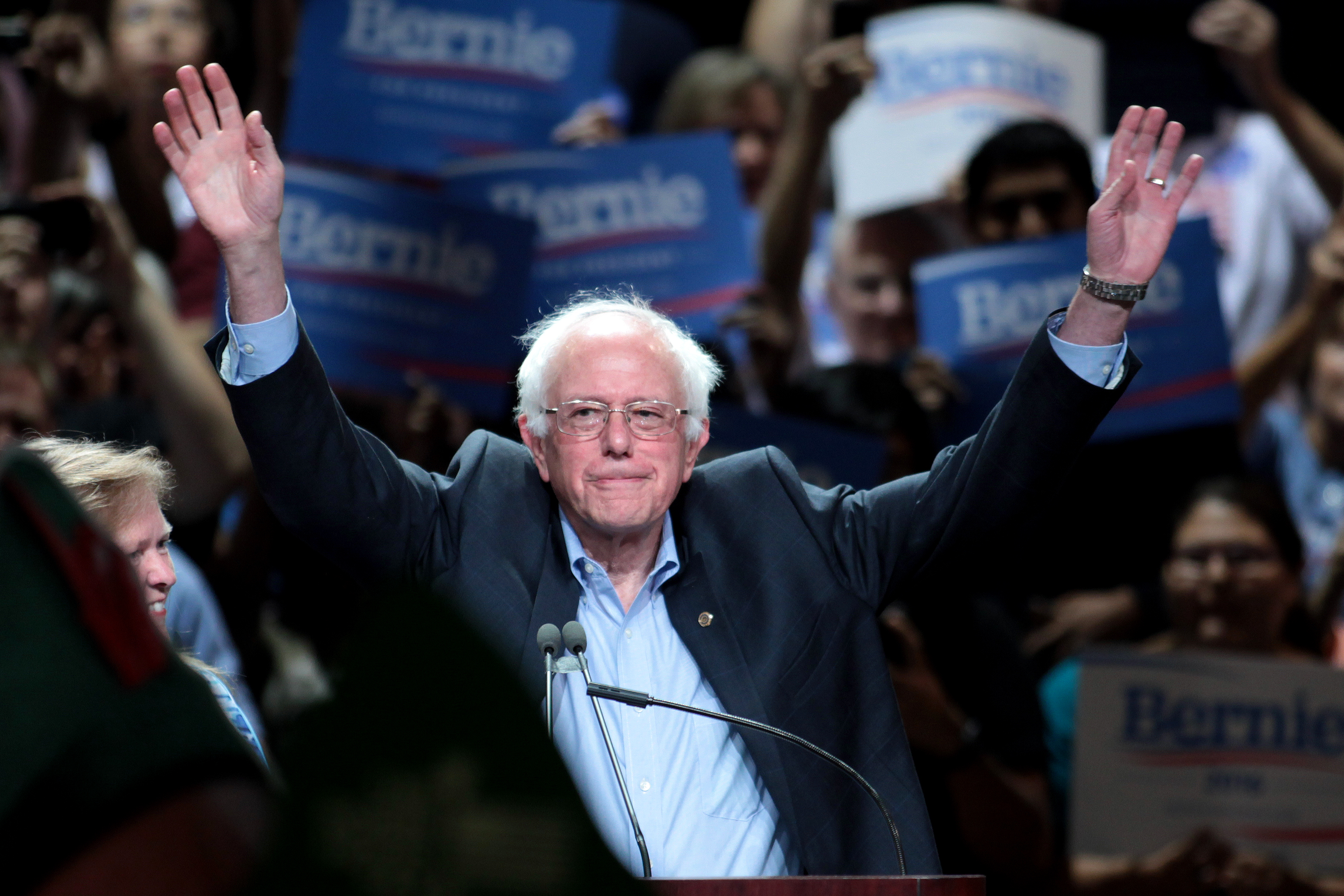Despite Hillary Clinton being the presumptive Democratic nominee, Sen. Bernie Sanders has not conceded, and it seems does not plan to concede the nomination. Although Sanders is committed to defeating presumptive Republican nominee Donald Trump, he claims his campaign is a “political revolution” and seeks to make the Democratic Party more progressive.
One of Sanders’ central criticisms is the electoral and nomination process of the Democratic Party. He wants to eliminate superdelegates and closed primaries because, according to Sanders, they are undemocratic. However, it is hard to imagine Sanders would be kvetching about superdelegates and closed primaries if he had actually garnered enough delegates to get the nomination.
Throughout the campaign, Sanders has continually claimed that the Democratic Party is not progressive enough. While the Democratic Party may not meet his standards, that does not mean the party and its leaders are not progressive. The difference between Sanders and the leaders of the Democratic Party is in their understanding of the game of politics. Leaders in the Democratic Party, including President Obama, are realistic about the political constraints in implementing effective policy that helps working-class Americans. While Sanders has great ideas, he offers no specifics on how he plans to implement “Medicare for All” or how free college tuition will be provided.
It is possible to be both progressive and pragmatic. Policy is not just about advocating for your dream. It’s also about politics, being aware of the political constraints around you and utilizing the system for your gain. This applies not only to congressmen and senators, but to players in the nonprofit sector as well, such as the NRA, AHIP (the health insurance lobby), GLAAD and NARAL Pro-Choice America. They all use different strategies to advocate for their mission, which can include lobbying legislators on the state and federal level, using the legal system, particularly the Supreme Court, and presenting a narrative that aims to increase public support of a particular issue.
It is uncertain whether Sanders supporters will vote for Clinton in the general election. It would be foolish for them not to, since winning is the only thing that matters, especially when the alternative is a Trump presidency. The reality about Clinton is she is a good politician and just like Obama, a moderate Democrat. Due to Clinton’s pragmatism, Sanders and his supporters should push her and other party leaders to adopt a more progressive platform. However, they need to be politically astute and know that they will need to make some compromises in order to succeed.
Sanders continually claims that his presidential campaign is not merely a campaign, but a movement. If so, then they need to be politically astute about achieving their goals. After all, achieving change is what matters in social and political movements. The value in the Civil Rights Movement is that civil rights activists propelled the passage of the 1964 and 1965 Civil Rights Acts.
In the long term, Sanders supporters need to be politically active on the local and state level and get progressive Democrats elected to their state and federal legislature. This is central to transforming the Democratic Party into a more progressive party because then one can achieve getting progressive legislation passed. Hopefully, Sanders and his supporters will not commit the common shortcoming of liberals — losing sight of the long run.
Leslie McNamara is a public policy graduate student specializing in health policy. She can be reached at lamcnamar@gmail.com.



